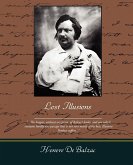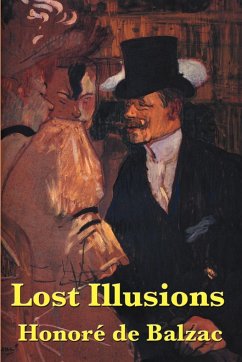This collection of short stories by Ivan Turgenev delves into the lives of various characters in 19th-century Russia, highlighting their inner struggles, moral dilemmas, and the rapidly changing societal landscape. With his trademark realism and psychological depth, Turgenev portrays the complexities of human nature through themes of love, regret, and the impact of reckless behavior. Each story provides a window into the Russian soul, blending personal conflicts with broader social commentary.
Bitte wählen Sie Ihr Anliegen aus.
Rechnungen
Retourenschein anfordern
Bestellstatus
Storno









